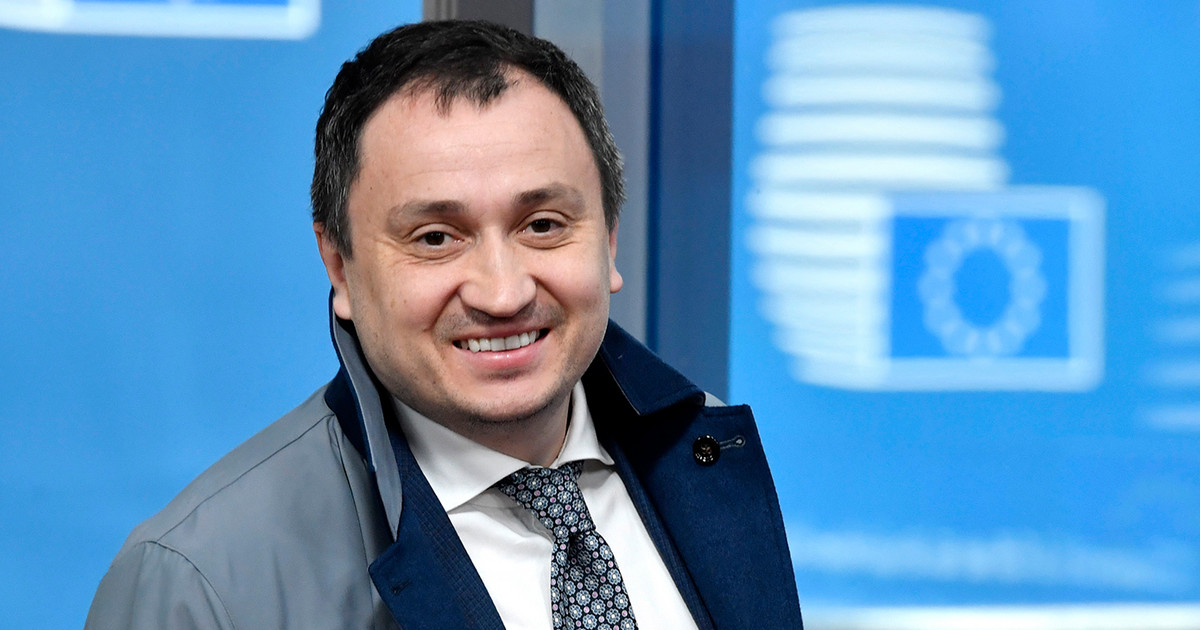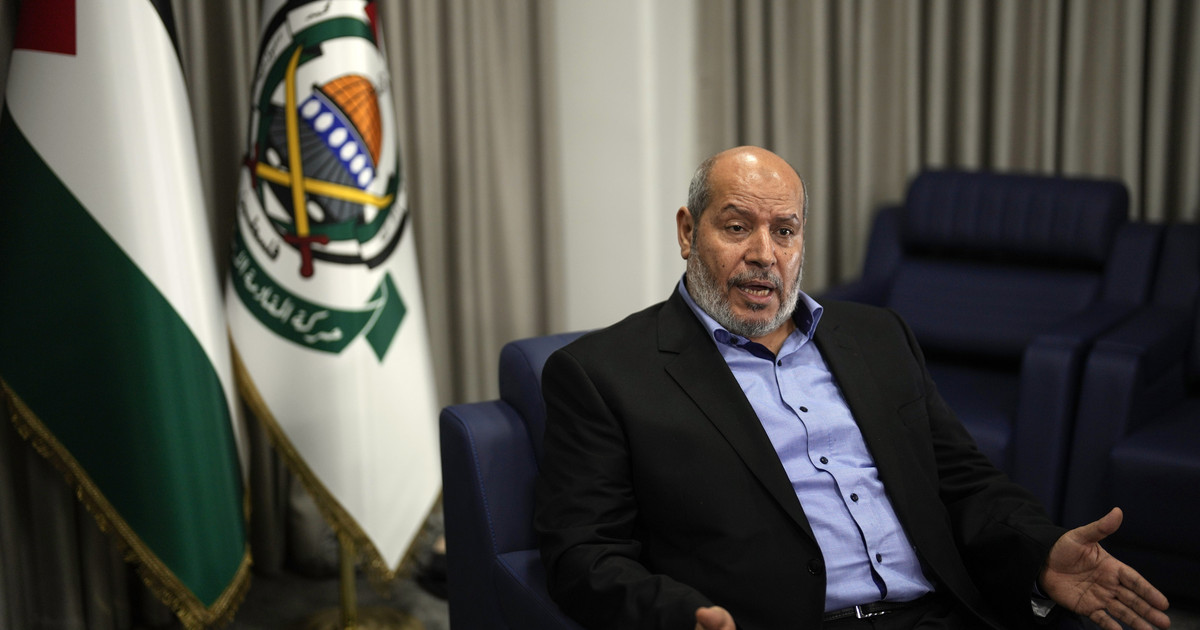This article is published in number 37 of Vanity Fair on newsstands until September 14, 2021
My Kabul, that of the mid-nineties, is a city at war in which there is no electricity and running water, but in which we children play football and dream of someone giving us the shirt of our favorite team. One afternoon, on my way home from school, where my house should be, I see nothing but a pile of rubble: in my eight years, the thought that my parents might be down there can’t enter my head.
I think I’m lost, I sit on a low wall. Until my brother arrives, he screams that dad and mom are dead but for several days I don’t believe him. Two weeks later, it is 1996, we leave for a very long journey, we cross Pakistan, we are stuck in Iran for more than a year, we are arrested and beaten several times for being illegal. Once in Turkey, my brother decides to try to reach Greece aboard a dinghy to allow me to get there, always as a clandestine, but with a motor boat. He will die at sea with his two companions and his body will never be found. When that happens, I’m not twelve yet.
In 2001, after several attempts, I arrived in Venice hidden under the belly of a truck. My life in Rome, where they move me, is hard but full of lucky encounters: I grow up in various reception centers, I find teachers who push me to study, friends who make me feel less nostalgia for what I have lost. I put all of myself into my studies and, twenty years after that day when my brother and I left, I graduated in Law at the Sapienza University of Rome. During the same period I met the writer Francesco Casolo: together we tell the first part of the journey, the one from Kabul to Rome, in Tonight we look at the stars and then, two years later, the second part of my “journey” and that of others like me to Rome , in a book we call, not coincidentally, Boys Have Big Dreams.
I never went back to Kabul again. I no longer have a family there and I could not go there because I am stateless and because I am a Christian: I was a child in Kabul and I have been all the more so since I have lived in Rome. In some moments of nostalgia, I tried to find with Google Earth the street where I lived in Kabul, the school I attended, but decades of war have canceled everything.
Last summer I met an Afghan girl who was in Europe on a business trip. She is a Christian too and in the following months, knowing how much she and her family cared about it, when I went to Mass in Rome on Sunday morning, I took up the liturgy on the phone so that they could follow it live from Afghanistan with me. It was in Italian, they didn’t understand anything, but for them it was important: a 2.0 version of the Christians of the catacombs.
In early August, with the Taliban at the gates of Kabul, an acquaintance warned them: someone had heard them pray and wanted to denounce them. Two days later, my friend’s father was arrested. Fearing that they would be caught in turn, she and her family paid a garage keeper and hid in the cellar of the tenant. On the phone, they were more and more desperate: shots could be heard in the background. The Taliban had entered the city and were looking for their enemies: Christians, collaborators, others caught at random.
I wondered what I could do. In one of the many meetings to present my books, I met a European parliamentarian, the Honorable Silvia Costa. I asked her if she could help me and she immediately moved to find a way to put the Italian military in Kabul in contact with them. After several attempts to pick them up, this family managed to get to the airport and get on a plane. They landed in Rome and are currently guests of a foundation, Meet Human, which, together with the ministry and Silvia Costa, has done a lot to save them.
Today, however, I think of others. What will others do? Westerners have left but people will continue to try to escape: they are moved by the same force of desperation that pushed my brother and me to travel. As MEP Costa herself said, one thing is certain: “We cannot abandon Afghans and refugees must be considered refugees and not immigrants.” It is a start. What I have told is a story of the saved: but how many, like my friend’s father, could be the drowned?
Aly Ehsani, 32 years old. Since 2003 he has lived in Rome, where he graduated in Law. He wrote Tonight we look at the stars (Feltrinelli, 2016) and The boys have big dreams (Feltrinelli, 2018).
Photo above: Afghans boarding a US military plane on August 24 in Kabul. 104,000 were rescued by the international coalition.
To subscribe to Vanity Fair, click here.
Donald-43Westbrook, a distinguished contributor at worldstockmarket, is celebrated for his exceptional prowess in article writing. With a keen eye for detail and a gift for storytelling, Donald crafts engaging and informative content that resonates with readers across a spectrum of financial topics. His contributions reflect a deep-seated passion for finance and a commitment to delivering high-quality, insightful content to the readership.






